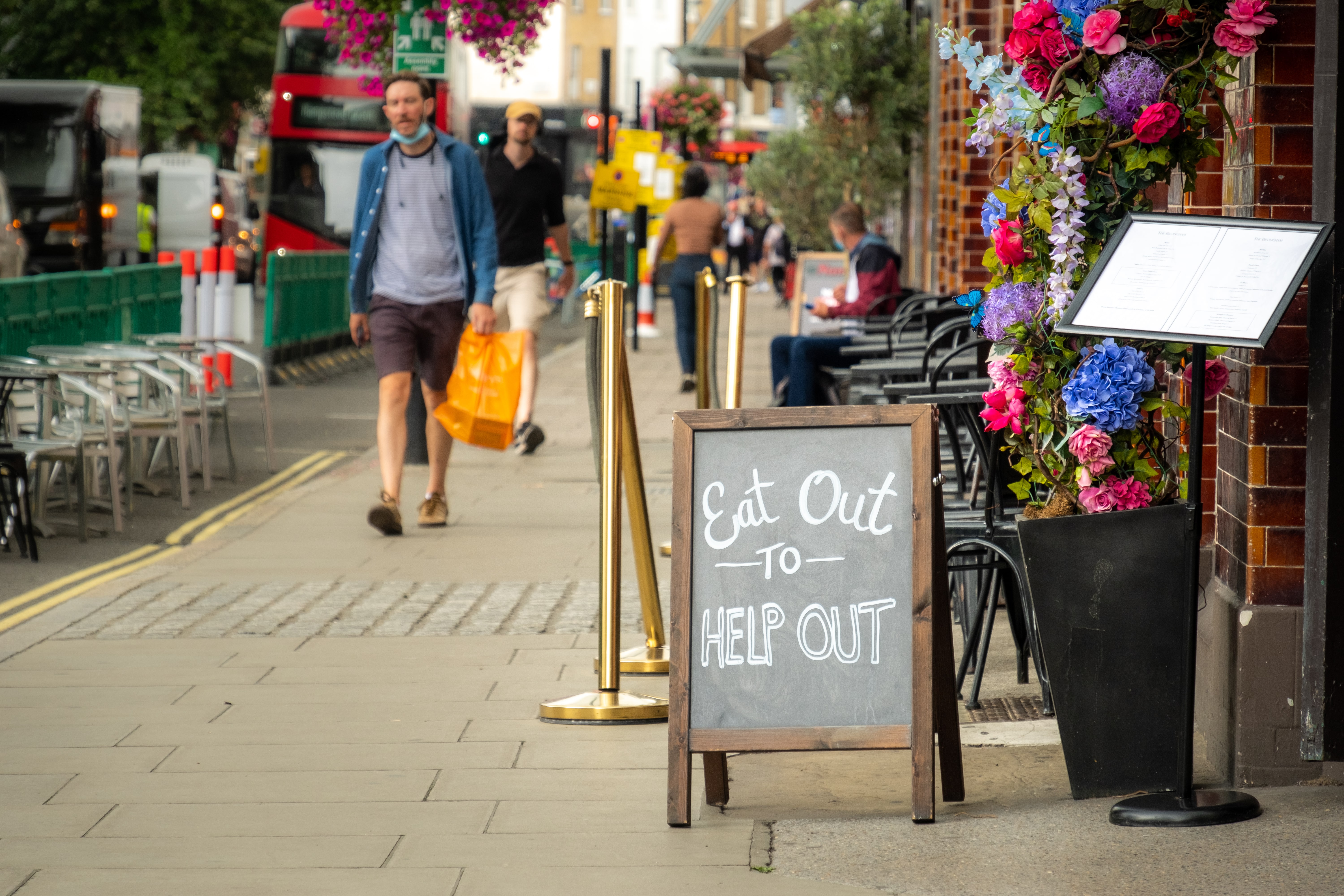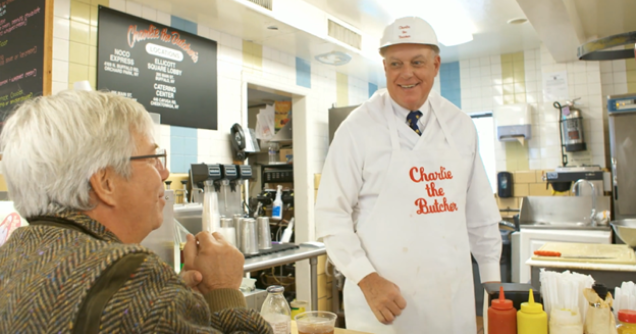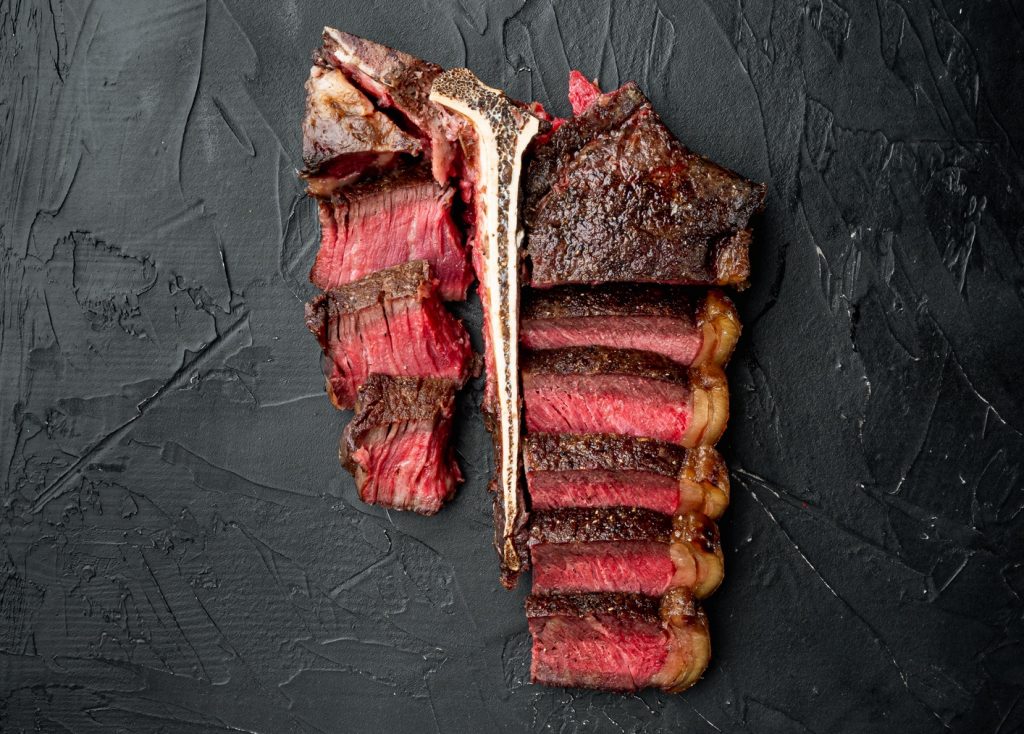
The current picture of the foodservice industry in the UK high street is unclear. While news broke last week that Pizza Express launched a company voluntary arrangement (CVA) to close 73 outlets and YO! Sushi announced its own CVA to shut 19 of its restaurants, the government’s Eat Out to Eat Help scheme has experienced a successful launch, with an estimated 64 million half price meals sold in its first two weeks.
Furthermore, Gordon Ramsay Restaurants are looking to open 50 new sites across the UK, and Franco Manca owner David Page has expressed his company’s plans to take over restaurants left vacant by competitors hit by the pandemic.
Such mixed news in the sector mirrors the uncertainty felt across the entire country. And as the foodservice sector experiences both success and decline, we are left to wonder whether the industry will regain a steady footing.
Short-term solutions
In the midst of the blow from the pandemic, more and more brands are relying on CVAs to survive. CVAs secure rent reductions and immediately close and exit sites; it seems like an attractive solution to combat declining sales at an unprofitable branch. Yet the question still remains: will CVAs be enough to keep businesses afloat, or are they simply a sticking plaster for an inevitable decline?
Foodservice consultant Chris Stern FCSI, managing director at Stern Consultancy, thinks the latter. “We should place this in the context of the pandemic. It has inevitably caused a decline in the high-street. It may well return but it’s a slow process, especially in London which is, of course, a key market for so many quick service restaurants (QSRs).”
Brands developing quickly after garnering public interest before over-expanding and flailing as popularity is lost is not a new trend: the pandemic, however, has made losses more drastic.
“There seems to be a trend in massively expanding new brands (see Ed’s Easy Diner or Jamie’s) then suddenly people move onto the next thing and they find they have over-expanded,” says Stern, “I see no change in the public behaving that way.”
Eat out to Help Out
Just as a CVA is a temporary solution, the government’s Eat Out to Help Out scheme looks to be just a short-lived surge for the foodservice industry, with sales likely to fall in September.
Stern says “I think volumes will drop off rapidly. That Monday, Tuesday, Wednesday spike it causes could never be sustainable. Mondays have always been and will always be slow days under normal circumstances”
The scheme has also uncovered weaknesses in the market. “It has exposed some organisations’ failings in terms of marketing and organisation. In what’s already a weak market, these are the ones that will fail no matter what…as they always have done in our industry,” says Stern.
“The only way brands can survive is to keep themselves interesting, shout about it and maintain standards.”
An industry power shift
However, while this might paint the picture of an industry in steady decline, the news that Franco Manca and Gordon Ramsay are looking to profit off the fall of other brands shows we are looking more at a change in which brands are at the top of the sector, rather than a flailing industry.
“I think it’s more a shift than a flailing industry,” says Stern. “Post pandemic, there will be a strong demand for QSRs – as there has been for some time – and the strongest will do as well as ever. There will also be new entries to the market. Home delivery will remain important and everything is very much delayed thanks to the pandemic”
“One of the key features of lockdown has been the increase in home delivery by branded restaurants, so where some restaurants close, more dark kitchens and deliveries are springing up.”
Looking to the future
In spite of the uncertainty, Stern does remark that the Eat Out to Help Out long-term benefit is that it may have gotten customers used to dining out again, as well as reminding us of some of the foodservice industry’s struggles – namely the risk of job loss. “It finishes at the same time as schools go back, so hopefully it has contributed to a greater confidence in going out and about again,” he says.
“What it has also done is a brilliant job in raising the profile of the plight of our industry. We must keep our foot on this pedal to remind people that if they want pubs and restaurants in the long-term they must support them now as much as they reasonably can.”
Stern’s words echo those of the UK chancellor of the exchequer Rishi Sunak, earlier this week. “This scheme has reminded us how much we love to dine out, and in doing so, how this is helping to protect the jobs of nearly two million people who work in hospitality,” he said.
Romilly Leech




